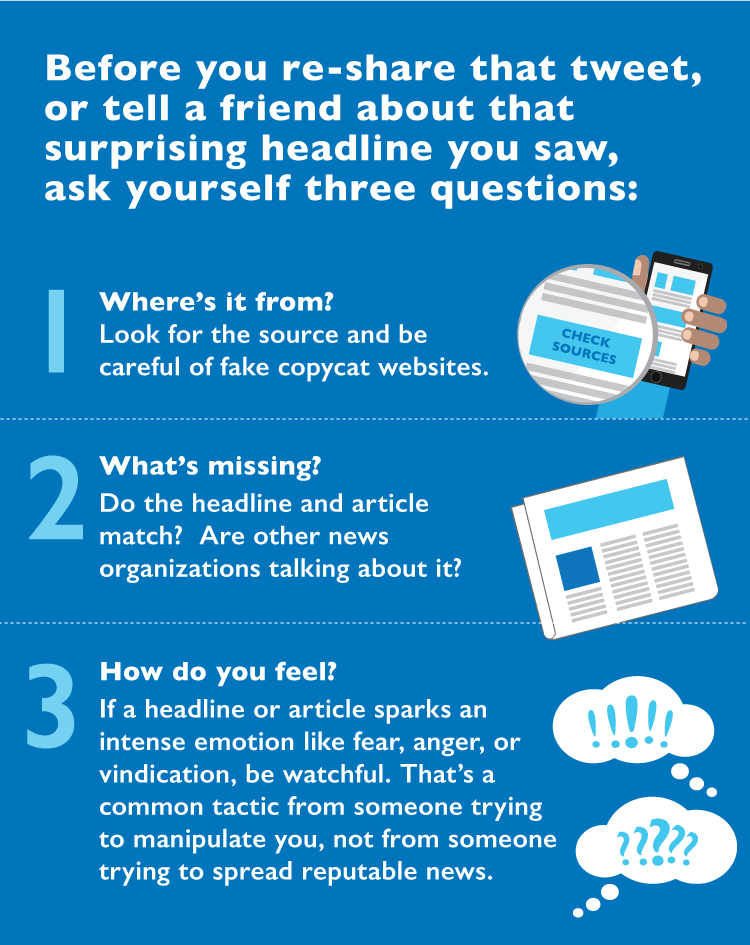The photo above is courtesy of cottonbro, via pexels.com.
As Christians, we try our best to live our lives in truth. We expect truth in ourselves, and we expect truth from others. Here in the Diocese of Central New York, a core element of our shared Rule of Life is “We tell the truth with courage and integrity.” We are taught in John 14:6 to follow a God who is “the way, the truth, and the life.” Our Prayer Book tells us “to be honest and fair in our dealings” and to “speak truth, and not mislead others by our silence.” (p. 848)
Yet the information we take in via social media is sometimes intentionally false or misleading—the work of trolls, bots, and other “content polluters.” Misinformation campaigns are designed not only to change minds, but to deepen divisions between people. According to the Episcopal Church’s Office of Government Relations:
Disinformation campaigns are deliberately crafted to spread false or misleading information. However, it may not be the case that the campaign message itself is the actual goal. A common tactic is to first identify two pro/con groups on a divisive issue (abortion, vaccinations, climate change, and political ideology are prime examples). An effective disinformation campaign would infiltrate both sides, backing group leaders, and helping to develop echo chamber qualities in the group.

The Episcopal Church offers resources to help you:
- recognize a misinformation campaign
- understand these campaigns spread
- learn how to protect yourself and others from falling prey to them.
Check out Misinformation, Disinformation, Fake News: Why Do We Care? from the Episcopal Church’s Office of Government Relations to learn more.
Another way you can spot misinformation is to learn to recognize an internet “troll”—a fake social media account set up for the purpose of spreading false information or sewing division (such as in a comments section on a local news story). The online Spot the Troll quiz from Clemson University’s Media Forensics Hub can help you tell the difference between real social media accounts and trolls.
The key to navigating truth and falsehood in social media is education. Each of us can help stop the spread of disinformation and division and live in truth as we are called to do.


